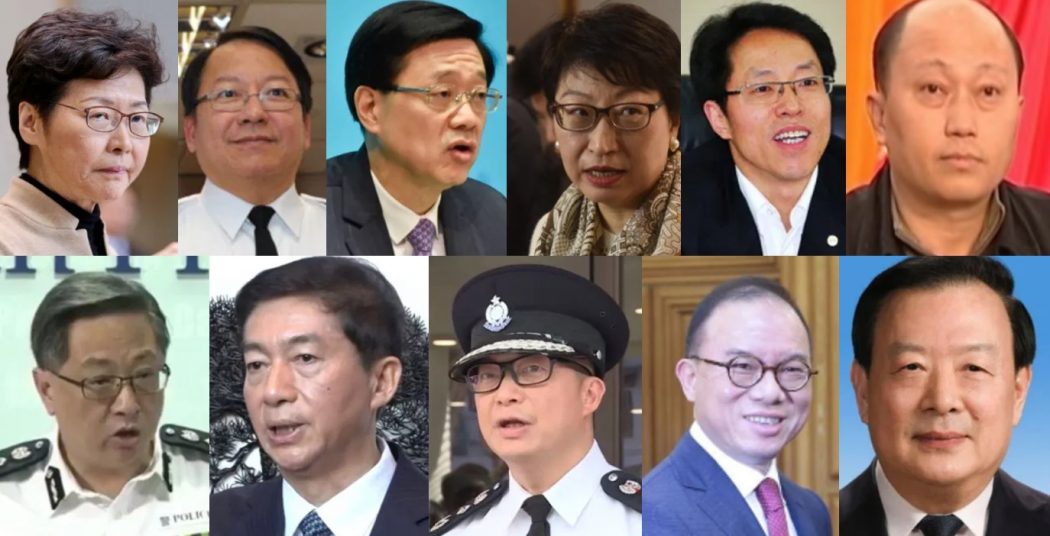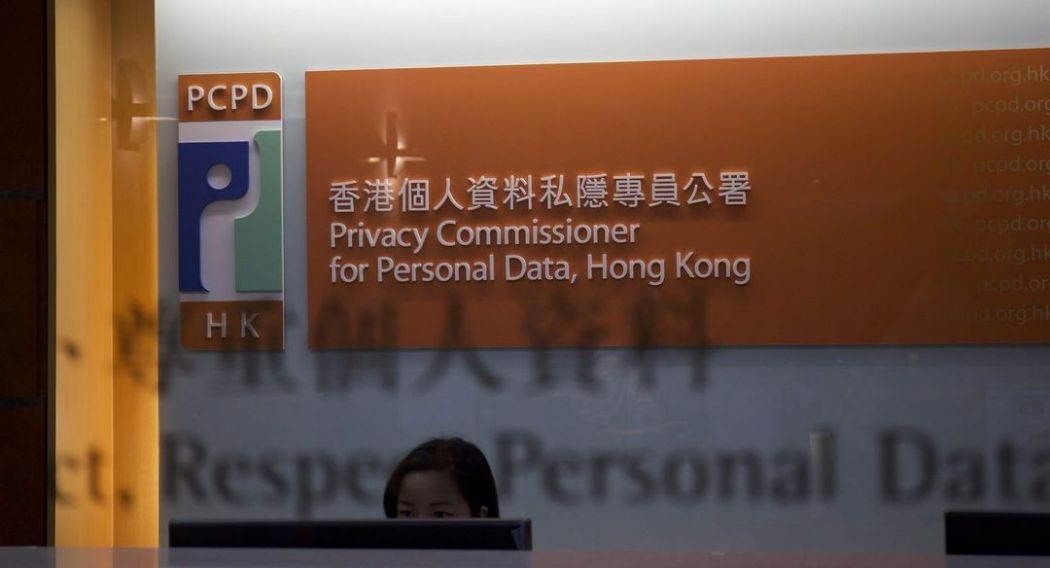The office of the Privacy Commissioner for Public Data (PCPD) has denied that the Hong Kong’s Securities and Futures Commission or government have committed any acts of “doxxing” after it criticised the US Treasury for publishing the names, ID numbers and addresses of 10 Hong Kong sanctioned officials. The officials were targeted by the US last week over an alleged clampdown on civil liberties.

However, the city’s markets and securities regulator also lists the full personal details of sanctioned individuals on its website in a near-identical format to the US Treasury. Likewise, shareholder activist David Webb noted that the government gazette also listed the personal data of individuals facing sanctions in Hong Kong.
Last Friday, the US Treasury Department announced it was freezing the US assets of Chief Executive Carrie Lam and 10 other senior officials. China called the move “barbarous and rude” whilst the city’s PCPD said the data the US published on its website amounted to doxxing: “Excessive disclosure may also lead to illegitimate use of personal data, thus causing serious nuisance to the data subjects.”

No ‘impropriety’
When asked by HKFP why the city’s financial regulator and government were not guilty of the same, a PCPD spokesperson said on Wednesday that the local authorities were obligated to comply with regulations set by the UN security council and had “a supervisory
role to ensure proper compliance with the legal requirements.”
They cited the United Nations Sanctions Ordinance (Chapter 537 of the Laws of Hong Kong) and the United Nations (Anti-Terrorism Measures) Ordinance (Chapter 575 of the Laws of Hong Kong): “We do not see any impropriety from a personal data privacy angle in that context,” they added.

When asked if any action would be taken against local authorities, the Commissioner’s office said that, unlike UN sanctions, the US sanctions had “no legal status in Hong Kong.”
In response, Webb told HKFP on Wednesday: “The PCPD’s response amounts to saying that the disclosure is ‘doxxing’ and ‘obviously excessive and unnecessary’ if done by the US Government, but not if done by the UN or HK Government. Do as we say but not as we do!”
In June, Beijing enacted laws to prevent, stop and punish behaviours in Hong Kong that it deemed a threat to national security. The legislation was inserted into the city’s mini-constitution, bypassing the local legislature, in order to criminalise subversion, secession, foreign interference and terrorism. The move – which gives police sweeping new powers – alarmed democrats, civil society groups and trade partners, as such laws have been used broadly to silence and punish dissidents in China.
Support HKFP | Policies & Ethics | Error/typo? | Contact Us | Newsletter | Transparency & Annual Report | Apps
Help safeguard press freedom & keep HKFP free for all readers by supporting our team
























